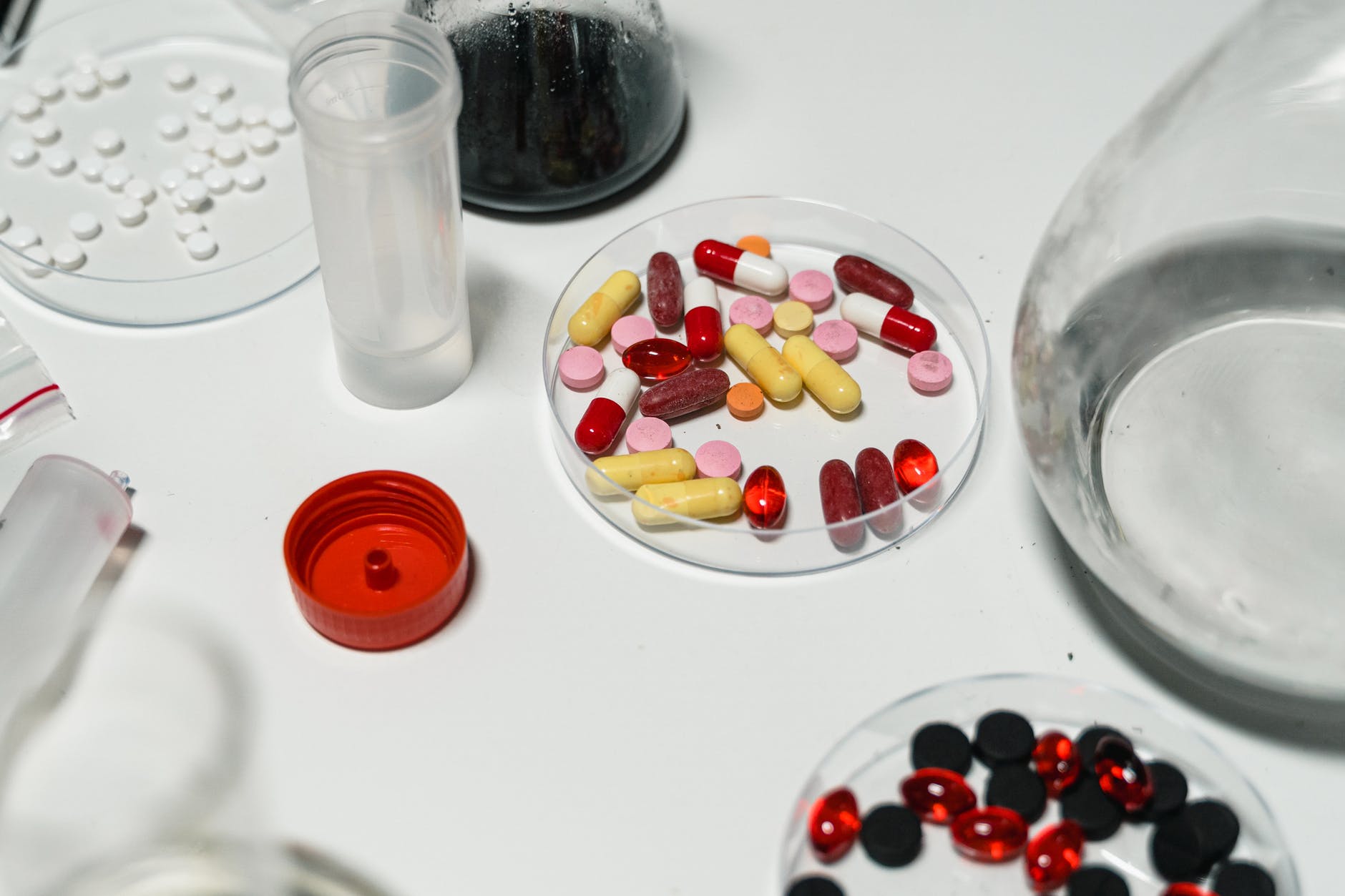
Addiction
Many diseases pass down through families. Sadly, drug addiction is one disease that a parent may pass on to a child. Approximately 50 percent of a person’s susceptibility to addiction is believed to be hereditary. This does not mean 50 percent of the kids of alcoholic parents will become addicted to drugs or alcohol. Other factors play a role. However, one cannot overlook genetics when discussing how best to handle this disease.
Understanding the Genetic Connection
Addiction is not a physical ailment. It actually begins in the brain. When a person drinks alcohol, their body is affected. Changes in the brain are seen in addicts, making this a problem that is no different from diabetes or cardiovascular disease. This helps to explain why a person might need to spend time in an addiction treatment center to get their life back on the right path.
Experts believe genetics may account for a significant portion of addiction disorders today. Dopamine levels in certain families are higher. This neurotransmitter serves as the reward center of the brain. Many people call it a feel-good hormone. When dopamine levels are high, the person may struggle to control their impulses. This could lead them to abuse substances such as alcohol. This does not mean a person is guaranteed to become an addict. It just means they have a predisposition to do so.
Environmental Factors and Their Role in Addiction
Genetics are only part of the equation. Environmental factors might also lead a person down the path to addiction. People need to pay attention to these factors and try to avoid any that may encourage the use of drugs or alcohol.
If a person has easy access to alcohol or drugs, they are more tempted to use them. The availability of these substances, along with exposure to them in the home, can increase the likelihood of a child using drugs and alcohol in the future. Children mimic behaviors they see, including drug and alcohol use by parents and other adults in their lives.
Children want to fit in with their peers and will go to extraordinary lengths to do so. Peer pressure is a major problem today among children. A child may try drugs or alcohol one time, thinking it won’t do them harm. Over time, they may use these substances more often and become dependent on them.
Any child who has undergone a traumatic event may be moresusceptible to abusing drugs or alcohol. Furthermore, children who use drugs or alcohol are also more prone to experience a traumatic event. While parents cannot control everything their children are exposed to, they need to watch for signs of trauma and take action to help the child. Doing so will reduce their risk of addiction.
Other Risk Factors
Other things also put a child more at risk of becoming an alcoholic. Individuals with mental health issues, for example, may struggle with a substance abuse disorder. The same goes for marginalized communities. LGBTQIA+ community members remain a high risk of stress and trauma, which can then lead to them trying drugs or alcohol and becoming addicted.
Any person can become addicted to drugs or alcohol. People don’t follow the same path when doing so. However, those with a family history of substance abuse should take certain steps to reduce the risk. They need to limit or avoid the use of addictive substances and talk to their doctor about this history. The doctor may be able to help them find other ways to reduce the risk. Knowledge is key in this situation, so learn all that is possible about addiction to reduce your odds of struggling with similar issues.






